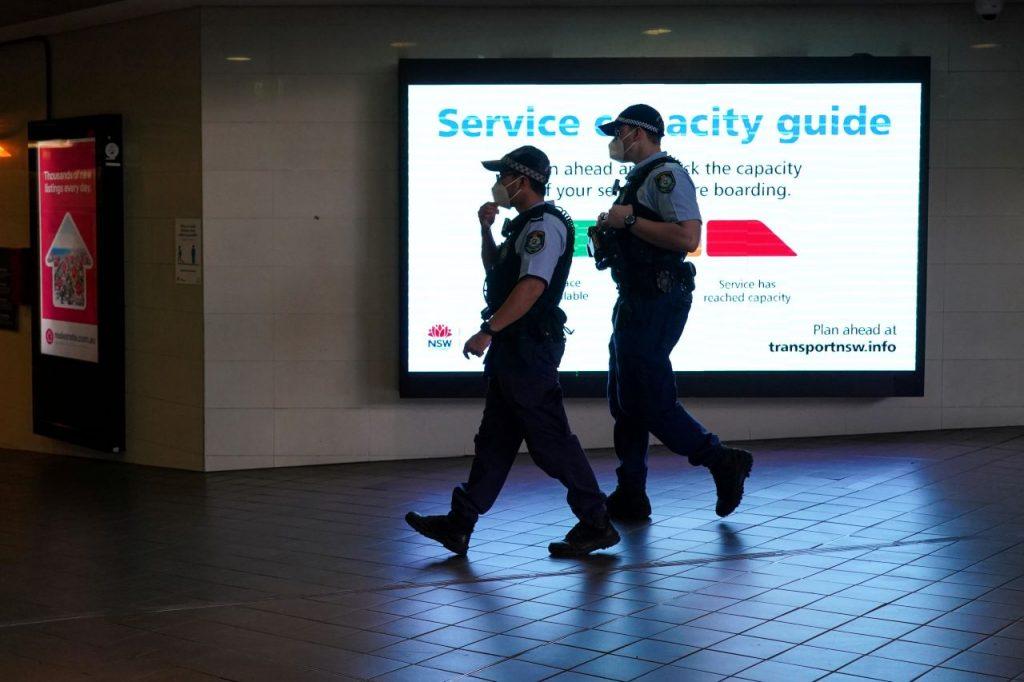Australia’s neighbours at risk of manipulation, says spy chief
On China, Secret Intelligence Service DG Paul Symon says he sees signs of growing discontent with a rigid domestic political system, which he suggests could lead to more Chinese officials offering information.
Just In
Democratic systems in Australia’s region are at risk of being manipulated, with their leaders controlled and taken advantage of through “largesse”, Australia’s overseas intelligence chief said in a rare public appearance on Tuesday.
On China, Secret Intelligence Service (ASIS) director-general Paul Symon said he saw signs of growing discontent with a rigid domestic political system, which he suggested could lead to more Chinese officials offering information.
Symon was speaking at the Lowy Institute think tank weeks after the Solomons Island signed a security pact with China, worrying Western allies who are concerned it could provide a gateway for a Chinese military presence in the Pacific.
“I see in our region the extent to which democratic systems… can be manipulated (and) political leaders can be… directed and controlled, can take advantage of largesse that has been showered upon them,” Symon said without identifying any countries or elaborating on what he meant by largesse.
Symon stressed the significance of the implications of the security pact for the Solomon Islands and the wider region.
“What is going on at the moment is a big deal. It’s a big deal for Australia, it’s a big deal for the region and I think for the mothers and many of the ordinary citizens of the Solomon Islands it’s a very big deal,” Symon said to an audience which included MI6 chief Richard Moore.
The pact has become an issue in Australia’s election campaign, with the government defending itself against accusations of a major foreign policy failure.
Details of the pact have not been disclosed, although Solomon Islands Prime Minister Manasseh Sogavare says it covers Chinese police assisting with social order and protecting Chinese infrastructure.
China has said the agreement calls for it to help the Solomon Islands maintain social order and cope with natural disasters and humanitarian relief and does not pose a risk to any other countries.
In 2003, at the request of the Solomon Islands then prime minister, Allan Kemakeza, Australia led a decade-long regional peacekeeping mission to the country to help restore stability and security after unrest.
Symon was among a delegation that met Kemakeza in 2003 to get approval for the mission, in which foreign forces were deployed under the command of the Solomons government, with objectives including removing illegal guns from the community and cracking down on corruption.
Two decades on, he said there was a “very different dynamic” in the Solomon Islands.
“There are pressures, there are offers that are causing concerns,” he said.
On China, Symon said its domestic political system, which he described as an “enforced monoculture”, was stirring domestic discontent.
“We don’t yet know exactly how that will play out, but what we’re seeing is more and more signs of officials, individuals interested in a relationship… a very real concern about their culture, a lack of diversity in their culture,” he said.
Subscribe to our newsletter
To be updated with all the latest news and analyses daily.
